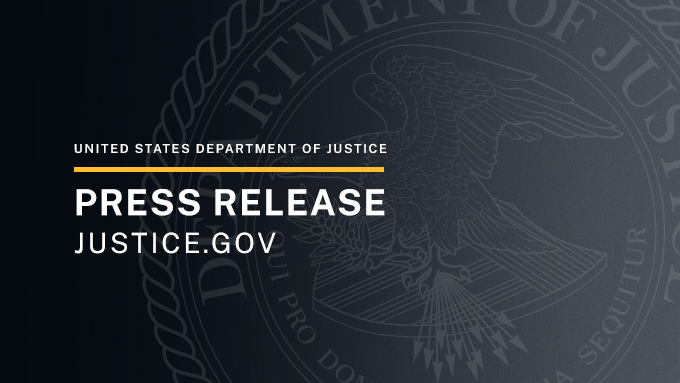Concerns about data and reporting
Incomplete Data: The FBI's crime statistics exhibit inconsistencies and gaps, which can be attributed in part to the shift to a new reporting system (NIBRS) and the failure of some agencies to submit their data, as reported by The Marshall Project.Underreporting by Victims: A considerable number of crimes go unreported to law enforcement, with estimates indicating that merely around 40.9% of violent crimes and 32.5% of household property crimes are brought to the attention of the police.Police Discretion: The practices of law enforcement, such as the determination of which crimes to document or the prioritization of certain crime types, can significantly impact the statistics that are reported.Prosecutorial Discretion: Prosecutors possess substantial discretion in their decisions regarding whether to initiate charges, the specific charges to pursue, and the management of cases. This discretion, especially in relation to minor offenses or through tactics such as "overcharging" (where charges filed exceed what the evidence supports), can influence crime statistics.Political Influence: Elected prosecutors may encounter pressure to adopt aggressive charging strategies to project a tough-on-crime image, particularly during election periods. In contrast, some progressive prosecutors have enacted policies aimed at decreasing mass incarceration and addressing racial disparities, which may lead to the non-pursuit of certain minor offenses or a focus on diversion programs.
Bottom line. Any crime is too much crime and going lightly on offenders doesn't help reduce crime. This is also true of soft responses of juvenile crimes where we see younger and younger offenders who believe they will not be prosecuted.




